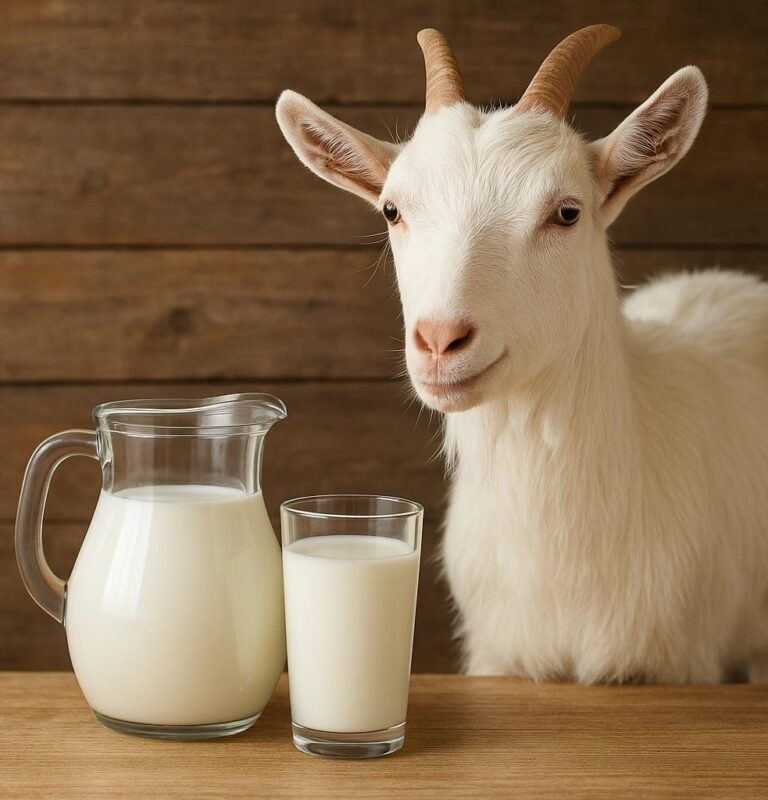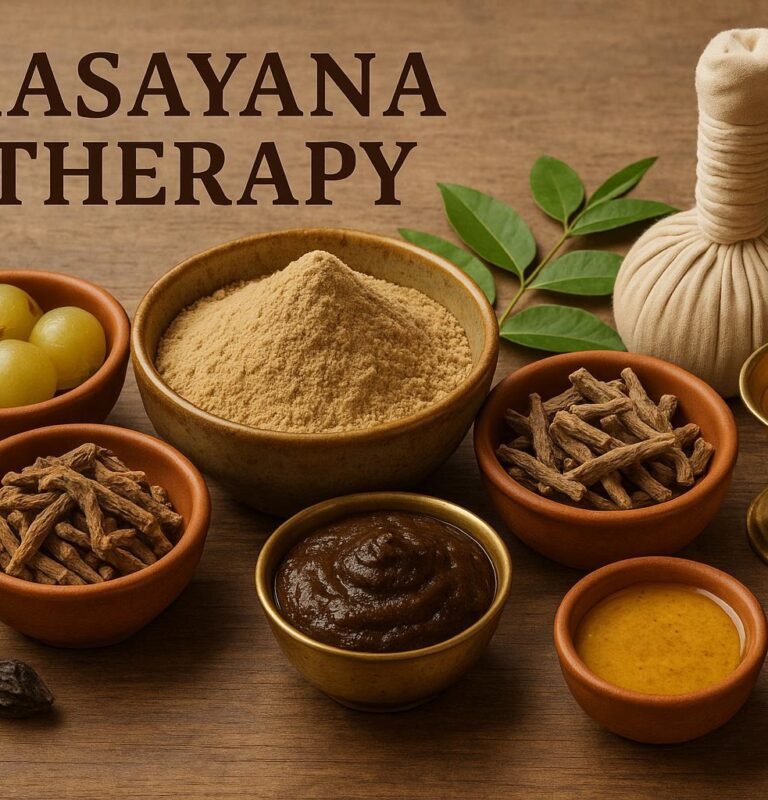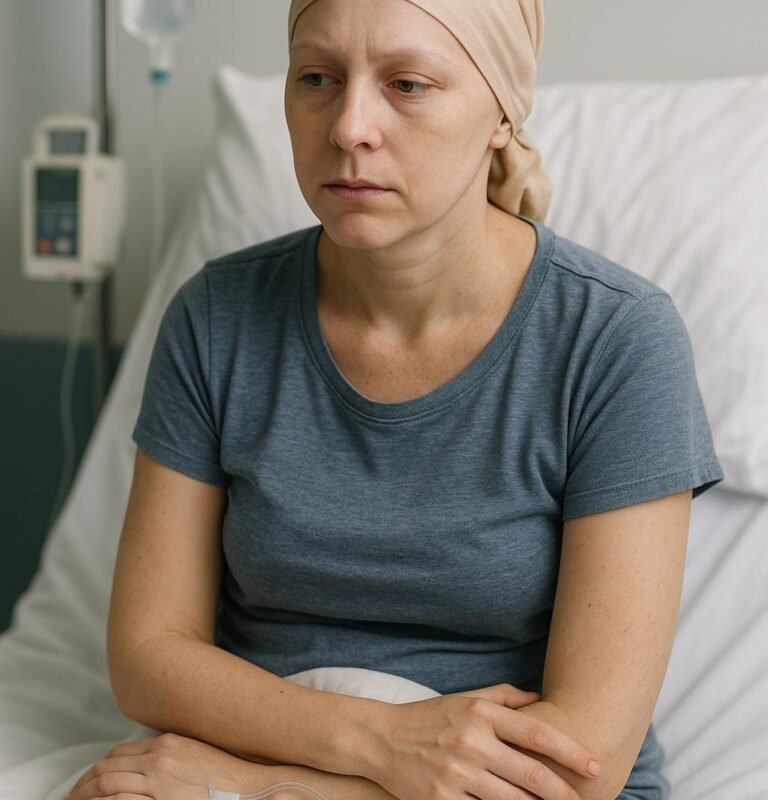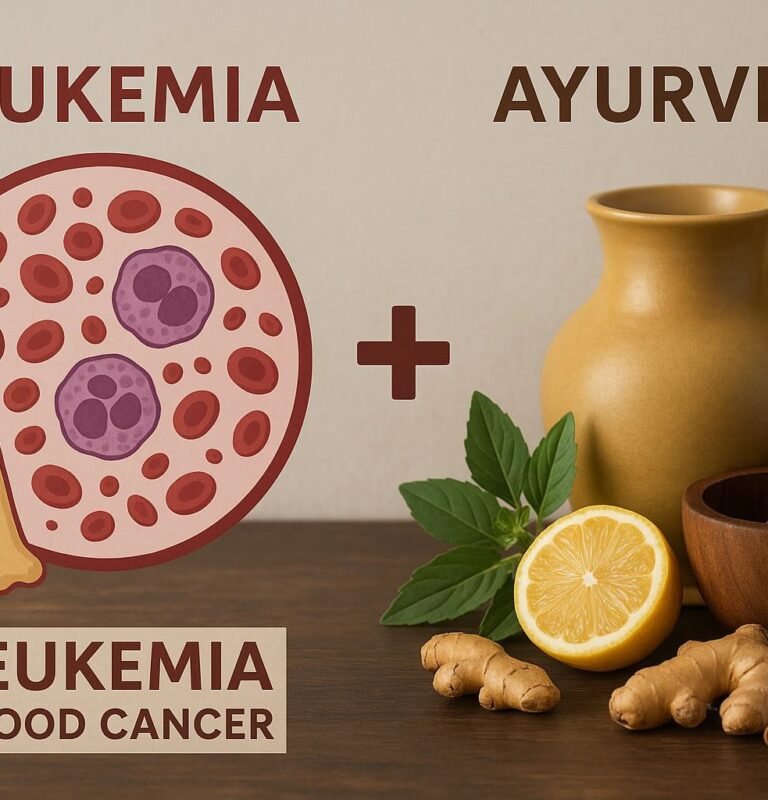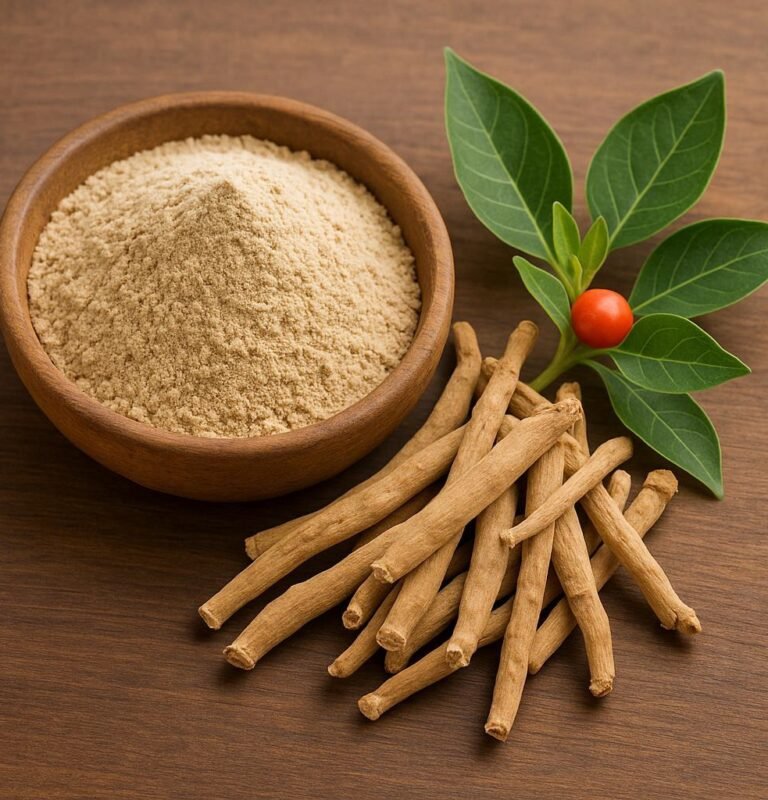Leukemia is a type of blood cancer that begins in the bone marrow. Bone marrow is type of soft tissue where bl...
Leukemia or Blood Cancer is a type of blood cancer that originate in the bone marrow. Bone marrow is a place w...
Leukemia is a broad term for cancers of the blood cells or blood-forming tissues, such as the bone marrow. It...
Leukemia is a well-known hematological malignancy. It originates in the bone marrow, where hematopoietic stem...
Leukemia which is often regarded as blood cancer, is a type of cancer that starts in the blood-forming tissues...

